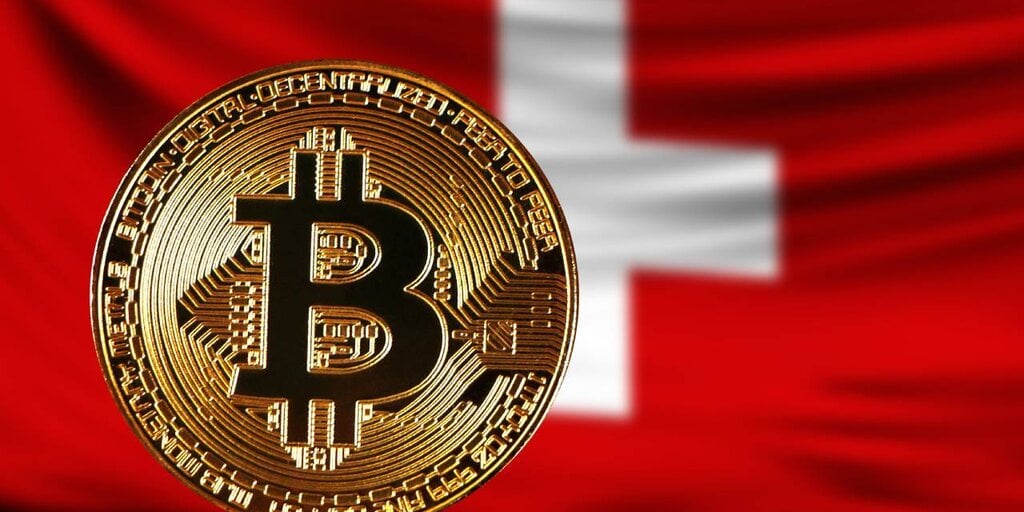Bullish for Bitcoin? Swiss Central Bank First to Cut Interest Rates

The Swiss National Bank (SNB) announced a twenty-five basis point cut to its benchmark interest rate on Thursday, bucking a global trend among other central banks committed to keeping rates elevated.
Should others follow, it could be a promising sign for crypto markets—which have historically ebbed and flowed in line with global macroeconomic policy.
“For some months now, inflation has been back below 2% and thus in the range the SNB equates with price stability,” explained the central bank regarding its decision. In February, the nation’s inflation rate fell to just 1.2%, with the central bank now forecasting an average inflation rate of 1.4% in 2024 and 1.2% in 2025.
The bank’s new policy rate is 1.5%, down from the 1.75% level it had maintained since June last year. Before that, the bank raised rates for one year straight from -0.75%, which it previously held since January 2015.
Economists polled by Reuters initially expected the central bank to keep rates elevated for several more months. The surprise move drove down Swiss government bond yields on Thursday, as well as the value of the Swiss Franc against the Euro and U.S. dollar.
The U.S. Federal Reserve kept its target range flat between 5.25% and 5.50% on Wednesday, while the European Central Bank (ECB) is expected to maintain its 4.5% rate in April. Though inflation is still above 2% in their respective regions, both central banks are forecasted to start lowering rates sometime this year—possibly by June.
After topping out at $69,000, Bitcoin‘s price began its year-long price slide in November 2021 just as the Federal Reserve announced its intention to raise interest rates to combat inflation. A slew of industry bankruptcies followed in 2022, when the central bank embarked on one of its fiercest tightening cycles in history.
Conversely, Bitcoin’s price ripped from $3,500 to $64,000 within 13 months after the Federal Reserve lowered its benchmark rate to 0.25% in March 2020.
Still, some analysts believe other macroeconomic factors are more important to Bitcoin’s price right now—which has ballooned since the start of 2023 between U.S. banking failures, spot ETF approvals, and strained global liquidity.
“People hyper-focused on rate cuts when following the treasury is now what matters in this new era of fiscal dominance,” wrote Reflexivity Research co-founder Will Clemente on Twitter (aka X) Wednesday.
Hours after Wednesday’s Federal Open Markets Committee (FOMC) meeting, Bitcoin’s price soared again to $67,000.
- Again, Varsities Face Lock down As Workers Begin Strike Today
- MATCH PREVIEW: Super Eagles ready for tough E’Guinea in AFCON opener
- UN secretary general announces global call to action on extreme heat
- NAF airstrike eliminates over 30 terrorists on 15 motorcycles in Kaduna
- Nigeria will save $300m yearly from processed barite – Minister
- 2024 census’ll hold as scheduled, Senate assures Nigerians










